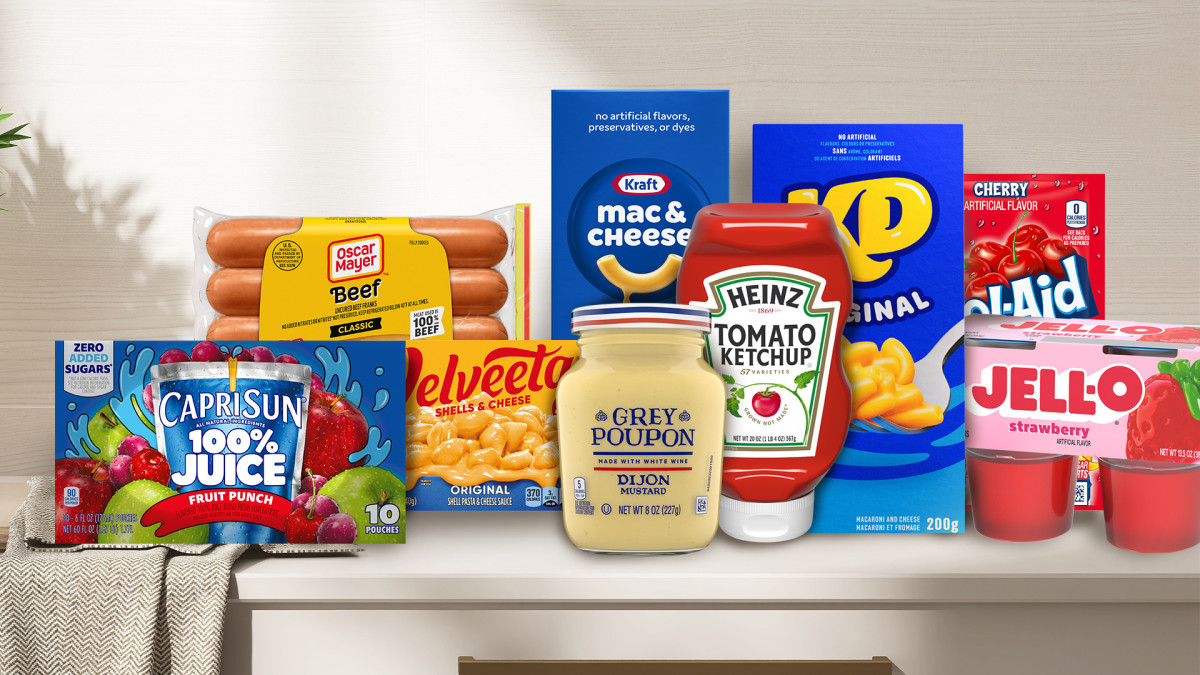[ad_1]
Despite all the procedures, testing, safety measures, and standards across various industries, accidents happen. Unfortunately, sometimes they even cost lives.
In 2024, hospitalizations and deaths from contaminated food doubled compared to the prior year, with undeclared allergens, pathogens, and toxic contaminants accounting for most recalls.
💵💰Don’t miss the move: Subscribe to TheStreet’s free daily newsletter💰💵
Data from Food Safety Net Services also revealed that in 2024, there were 296 total recalls (both from the U.S. Food and Drug Administration and the Department of Agriculture), and 1,392 people got sick from recalled food.
Hospitalizations grew from 230 in 2023 to 487 last year, and deaths increased from eight in 2023 to 19 in 2024.
In the first quarter of 2025, the number of food products recalled by the FDA increased by 232%, marking the second-highest volume recorded in the past two years, writes Sedgwick.
With the new administration and newly appointed Secretary of Health and Human Services Robert F. Kennedy Jr., many experts expect various regulatory changes across the food industry. Some of them are already happening.
Kraft Heinz, one of the leading global food and beverage companies with a portfolio of iconic brands, joined other brands in the latest removal of artificial colors. More recently, it made headlines over a huge recall.
Image source: TheStreet/Heinz
Kraft Heinz recalls 360,000 pounds of turkey bacon over scary concerns
Kraft Heinz (KHC) , a company behind popular brands such as Kool-Aid, Jell-O, and Oscar Mayer, is recalling around 367,812 pounds of fully cooked turkey bacon that might have been contaminated with Listeria monocytogenes.
Listeria is a type of bacteria that thrives in cool and damp environments, even at temperatures as low as 31°F. When food comes into contact with Listeria, the bacteria spreads quickly. It is most commonly found in luncheon meats, such as dry sausages and hot dogs, but also in raw milk, ham, chicken salads, and more.
Related: FDA says yes to controversial new seafood delicacy
What happens if you eat food contaminated with Listeria?
You can get listeriosis, an infection that can be serious. Consumers especially vulnerable to listeriosis are pregnant women and their newborns, older people (65+), and those with weakened immune systems.
Infection during pregnancy is hazardous and can even lead to miscarriage, stillbirth, premature delivery, or life-threatening infection of the newborn, according to the USDA’s Food Safety and Inspection Service (FSIS). Pregnant women with listeriosis often only have fever and similar flu-like symptoms.
Those who are not pregnant might have headaches, stiff necks, fevers, muscle pain, loss of balance, and convulsions. While the first symptoms might appear in a few hours to three days after consuming contaminated food, sometimes they take up to 2 months to appear.
More on Food and Retail:
- Nutella could see major price hike (and it’s not because of tariffs)
- Pepsi shockingly discontinues two big name sodas
- Corona beer owner raises red flag about alarming consumer trend
While healthy people can have mild symptoms when infected with Listeria, older people and those with weakened immune systems can die.
More than 90% of people with listeriosis end up hospitalized, often in intensive care units, according to data from the FDA.
FSIS urges shoppers not to consume these products
The recalled Oscar Mayer Turkey BACON ORIGINAL was produced from April 24, 2025, through June 11, 2025, and includes the following products:
- 12-oz. Vacuum-packed packages with universal product code (UPC) “071871548601” with dates ranging from July 18 to August 02 and lot code “RS40.”
- 36-oz. packages with three 12-oz vacuum-packed packages of turkey bacon and UPC “071871548748” with dates ranging from July 23 to September 04 and lot codes “RS19,” “RS40,” or “RS42.”
- 48-oz. packages containing four 12-oz. vacuum-packed turkey packages, with UPC “071871548793” and dates ranging from July 18 to September 04, and lot codes “RS19,” “RS40,” or “RS42.”
Related: Sam’s Club unveils rare, fresh take on a classic dinner favorite
These products were shipped to retail stores across the country, and some even reached the British Virgin Islands and Hong Kong.
No illnesses or adverse reaction to the consumption of these products have been reported, said FSIS, However, consumers concerned about an illness are advised to contact a health care provider.
FSIS fears some of these products might be in consumers’ refrigerators or freezers, and it is urging buyers not to consume them, but to throw them away or return them to the place of purchase.
The possible contamination was discovered through Kraft Heinz’s internal laboratory testing.
Related: Iconic fast-food chain begins an unlikely comeback
[ad_2]

